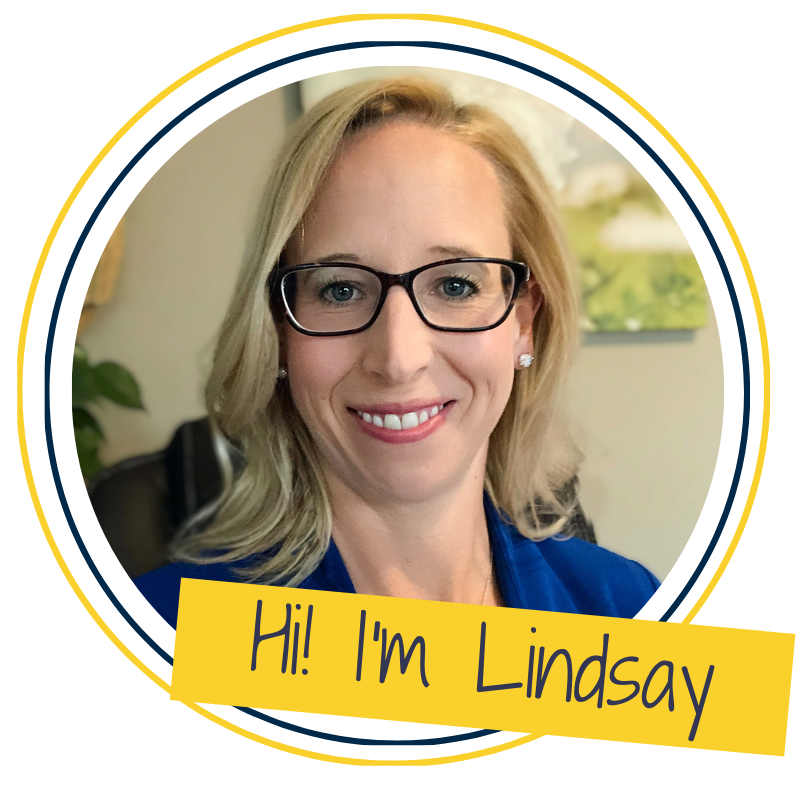I don’t know about you but I feel like I’m in nothing but meetings…all.day.long.
Way more than before the Coronavirus pandemic, when the majority of my colleagues were working at the office and I was working from my home. Something has shifted in our collective mindset – I think a combination of the need to stay connected to each other in both formal and informal ways and also as a way to intentionally still create the opportunities for “hallway”-style conversations to occur.
The difference is those casual hallway conversations were also opportunities for multi-tasking – many of my best quick chats came on the way to the coffee machine, or on my way back from the washroom or standing in the cafeteria line at lunch. I was efficient in those conversations because I knew I only had the length of a hallway or the speed of a queue to get my point across and then wrap it up.
Now, while I appreciate the intentionality of someone putting time in my calendar to have a conversation, those conversations aren’t as efficient as they used to be. We often feel like we need to use the entire 30 minutes booked when we probably could have had the same conversation in the time it takes to walk down the hallway.
Parkinson’s Law says, “”work expands so as to fill the time available for its completion” meaning we’ll fit a task into the time we have. How can we create this same kind of efficiency in our work-from-home reality?
Create shorter meetings
This one seems obvious but I can’t remember the last time someone booked only 15 minutes in my calendar. Can you? The default option on an electronic calendar invite is typically 30 minutes so it’s human nature to just pick one of those instead of the extra effort required to manually change the start or end time of a meeting. If we were intentional about setting up only 15 minute meetings, we would be forced to be concise with our conversation, get to a decision and move on to the next activity.
Pick up the Phone
Again, seems like common sense but when’s the last time you randomly picked up the phone to get a quick answer from someone? My default is to send an email or to book a meeting when I need a decision. To give someone a call unannounced seems disruptive or like I’m not respecting how busy someone is but seriously, how much less time does it take to verbally ask your question, hear the answer, and hang up? More than likely its quicker than the time it takes to write an email, receive a response, and then write back again to clarify a point you didn’t understand. And I can definitely do without the never-ending email chains (with an ever-increasing CC list!) that produce anxiety and frustration and clutter up my inbox.
Combine Topics and People
Take a look at your existing schedule – are there any opportunities to combine two or more meetings together? Do you have update meetings with each of your sub-teams where the content could be beneficial for other teams to hear as well? I find that, with the best of intentions, we schedule individual meetings to connect with our colleagues but if we combined those meetings, we could be even more productive than the results of the individual sessions. For this one to work, you’ll need to be a (kind and compassionate!) task-master as the tendency for bigger group conversations to go overtime is a real risk. Set time limits for each person to give their updates with opportunity for a roundtable or more casual Q&A session at the end of the meeting if there’s time left over. Especially when we feel like we have a captive audience or strong opinions on the topic, we’re more likely to use extra words to speak our thoughts than we might otherwise share out loud so be respectful of the time boundaries and give others an opportunity to speak. Stick to the point. You can always use email or future meetings to expand upon your ideas.
Block your Calendar
One of my best time management techniques is literally blocking time in my calendar to do actual work. People know this about me and are usually pretty good about respecting these boundaries and not requesting meetings during that blocked time but I’m also pretty good at respecting my own boundaries and declining meetings during my blocked time. This methodology only works if you enforce your own time block boundaries – if you respect and trust yourself enough to keep your promises where you’ve created mental and physical space for work and you don’t override those boundaries because “someone needs you”. It’s hard. People will push back. Good thing you’re strong and confident with respect for yourself, characteristics that will make it easier to politely request that they choose another time that’s convenient for both of you.
I completely get that meetings are a necessary aspect of life, both in our professional interactions as well as our personal ones. But I also think that our natural defaults and approach to meetings can be made much more productive and efficient, giving us all time back in our days to participate where it matters and focus our efforts on bigger priorities. It takes intention and some out-of-the-box thinking but if we all work towards a cultural shift with regards to our meetings, momentum takes hold and change will happen.


